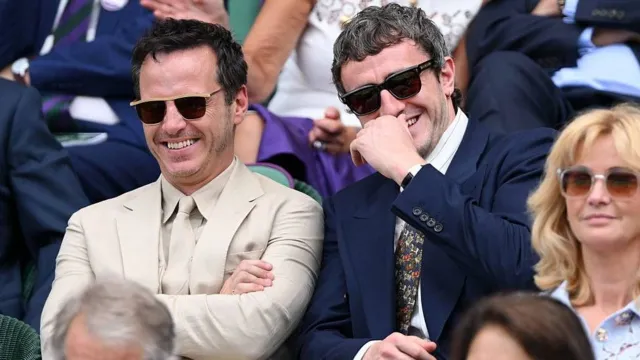The Human Touch: Why Trust in Sports Technology is Eroding
In the fast-paced world of modern sports, technology has become an indispensable tool, promising greater accuracy, fairness, and engagement. However, a growing sentiment of distrust is emerging, as exemplified by recent controversies at Wimbledon. This sentiment stems from a complex interplay of perceived errors, a lack of human understanding in decision-making, and a fundamental human desire for context and fairness that algorithms may not always capture.
The recent incident at Wimbledon, where a crucial point was replayed due to a technical glitch – a line judge being accidentally switched off – perfectly encapsulates the tension between human intuition and technological reliance. Anastasia Pavlyuchenkova’s frustration, lamenting that the game had been “stolen” from her, highlights a common feeling: while technology might offer precision, it can also feel detached from the nuanced realities of a high-stakes competition. Even as the electronic line-calling system, developed by Hawk-Eye, is designed for superior accuracy compared to the human eye, such glitches fuel skepticism among players and fans alike. The debate isn’t simply about whether machines are “better” than humans, but rather how to effectively integrate them to achieve the best possible outcomes.

Professor Gina Neff of Cambridge University points out that human trust in AI is often contingent on a shared understanding of context. While machines operate on programmed rules, humans excel at incorporating broader values and situational awareness. This perceived gap in contextual understanding can lead to a disconnect, where a technically “correct” decision might not feel “fair” to those involved. This sentiment is mirrored in other sports, such as football, where the Video Assistant Referee (VAR) has been a source of ongoing debate. Despite its stated accuracy, VAR’s reliance on human oversight and interpretation, coupled with occasional high-profile errors like the “significant human error” in a Tottenham vs. Liverpool match, continues to erode trust.
Beyond sports, this unease with technology is a broader societal phenomenon. Entrepreneur Azeem Azhar notes that rapid technological advancements can leave individuals feeling a lack of agency, as familiar systems become obsolete. This is evident in fields like healthcare, where patients often prefer human diagnoses for serious conditions like cancer, even when AI offers greater accuracy. Similarly, in the automotive sector, despite the statistical safety of autonomous vehicles, a significant portion of the public remains hesitant to embrace them fully. This reluctance often stems from a desire for human control and a deep-seated comfort with human decision-making, even acknowledging its imperfections.
Sports journalist Bill Elliott suggests that the pursuit of technological perfection in sports, while seemingly desirable, risks stripping away the inherent drama and unpredictability that fans cherish. A world of absolute “perfection” could, paradoxically, lead to a less engaging experience. The challenge, therefore, lies in finding a balance – leveraging technology’s strengths for accuracy and efficiency while retaining the human elements that provide context, fairness, and emotional resonance. As sports continue to integrate advanced technologies, fostering trust will require not just improving the systems themselves, but also enhancing transparency and ensuring that human oversight remains a meaningful component of the officiating process.




Post Comment